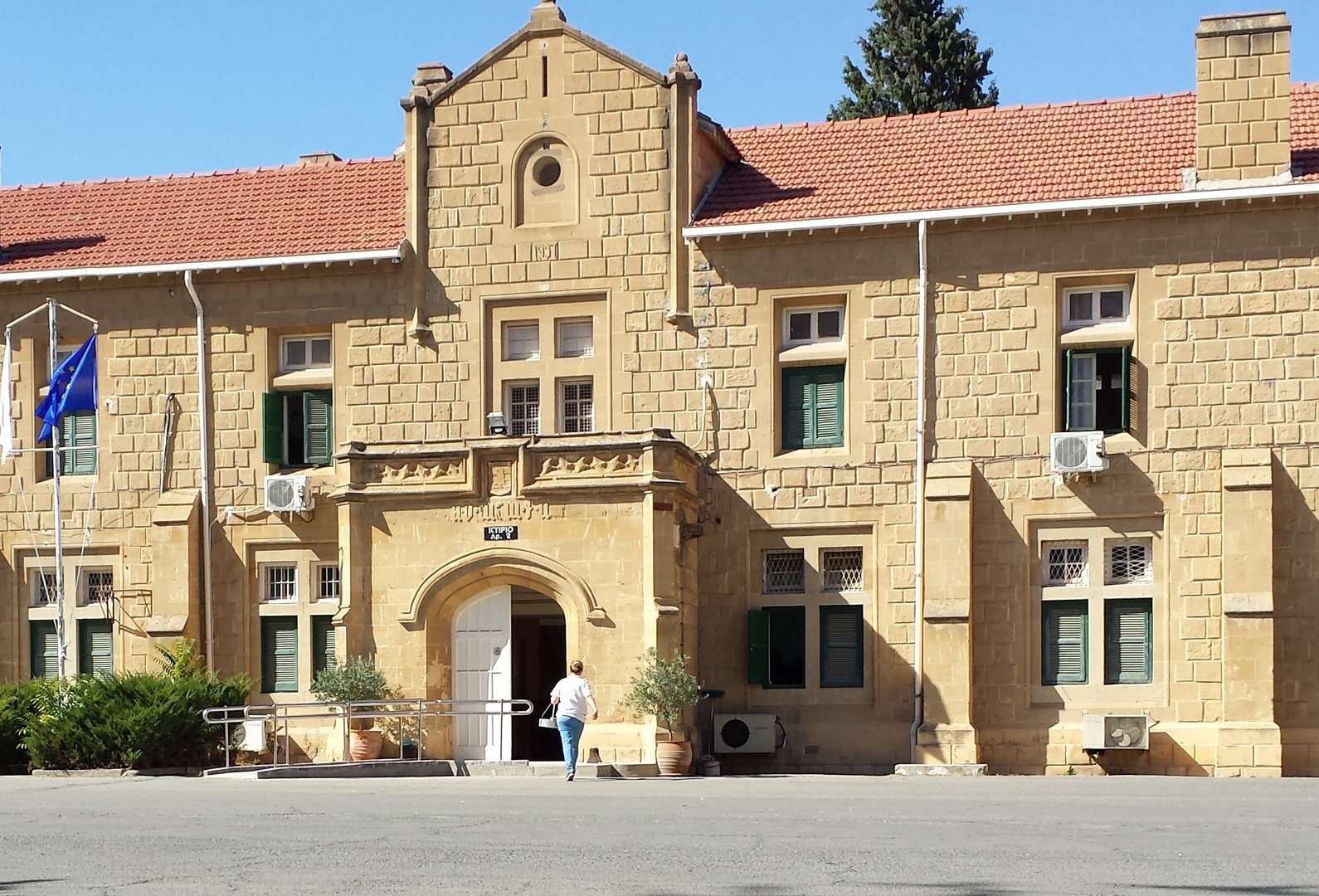Nicosia’s criminal court decided on Monday to postpone the Al Jazeera case till April 3, after the prosecution failed to present emails as evidence due to a technical problem.
Former House president Demetris Syllouris and former Akel MP Christakis Giovani are both facing charges including conspiracy to subvert the Republic and influencing a public official in violation of the laws criminalising corruption.
On Monday, the first witness was to testify in the trial of the two former MPs facing criminal charges over a report by news company Al Jazeera into the alleged illegal naturalisations of people as citizens of the Republic of Cyprus, commonly known as the ‘golden passports scandal’.
The witness was to testify with the purpose of examining digital evidence that had been submitted to the court, regarding the effort to present admissible facts.
A police officer, member of the sub-directorate on electronic crime, who had conducted the forensic examination of digital evidence in 2020, appeared before the court.
After his biographical note and other certifications regarding his professional capacity were presented, the witness said he had prepared a report on October 30, 2020, in which he describes evidence, including a computer, three CDs with data from the computer and a USB data storage device with the content of all three CDs.
Prosecutor Charis Karaolidou said the evidence had been prepared to facilitate the processing of the material by the defence.
Karaolidou added that a warrant had been issued allowing access to private communication content. This was also submitted to the court.
Questioned by Karaolidou, the witness explained how the data was extracted from the computer and stored.
Defence lawyer Giorgos Papaioannou said the evidence on the USB stick did not match the evidence he had been sent.
Karaolidou said the USB device had been prepared to make things easier, as there were over 40,000 pages of documents.
She then requested that the USB device not be used to present the evidence, but the three CDs should be used instead.
At the request of Karaolidou, the witness attempted to present three emails sent between December 2018 and May 2019.
Defence lawyer Chris Triantafyllides objected, questioning the relevance of the evidence, specifically an email sent by “tonyk”, who was not willing to testify in court.
Criminal court president Nicolas Georgiades said the relevance of evidence had to do with the charges and that the content of the computer had already been submitted as evidence.
The court was then adjourned due to a technical problem, as the emails the prosecution intended to present could not be found.
Georgiades said the court would convene again on April 3 at 9am to set new dates for the trial, in the presence of the defendants. He added that the court intended to set consecutive dates to question witnesses.
Al Jazeera aired an almost hour-long expose of the scandal in October 2020, prompting Syllouris and Giovanis to both resign.
In the Al Jazeera documentary, undercover reporters played the role of agents acting on behalf of a fictional Chinese businessman with a criminal record, aiming to secure him Cypriot citizenship.
Syllouris, Giovanis and others were shown offering to help the man in his quest for citizenship despite his criminal record.
The government of the day then scrapped Cyprus’ citizenship by investment scheme, with the European Union having launched legal proceedings over claims the scheme had been used to sell passports to dubious individuals.
A subsequent inquiry found that 53 per cent of 6,779 citizenships granted through the scheme were unlawful, with the government since having commenced the process of cancelling the citizenship of some naturalised through the scheme.






Click here to change your cookie preferences